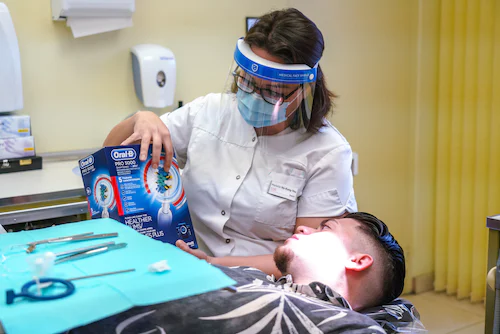Women’s health encompasses a broad spectrum of physical, mental, and emotional well-being, influenced by various biological, social, and environmental factors. In this article, we’ll explore common women’s health concerns, preventive measures, and strategies for nurturing holistic wellness.
Introduction
Women’s health is a multifaceted concept that goes beyond mere absence of illness; it encompasses physical, emotional, and social dimensions of well-being. By understanding and addressing women’s unique health concerns, individuals can take proactive steps to optimize their overall wellness.

Relevance and Importance
Promoting women’s health is essential for achieving gender equality, fostering healthy communities, and reducing healthcare disparities. By prioritizing women’s health concerns, we can empower women to lead fulfilling lives and contribute to society.
Reproductive Health
Reproductive health is a fundamental aspect of women’s well-being, encompassing various issues related to menstruation, pregnancy, childbirth, and menopause.
Menstrual Health
Understanding menstrual health is crucial for women’s overall well-being, as irregularities or disorders can indicate underlying health issues. Educating women about menstrual hygiene, tracking menstrual cycles, and seeking medical attention for abnormal symptoms are essential preventive measures.
Pregnancy and Childbirth
Pregnancy and childbirth represent significant milestones in women’s lives, requiring comprehensive prenatal care, emotional support, and access to skilled healthcare providers. Promoting maternal health through prenatal education, nutrition, and prenatal care services is vital for ensuring positive birth outcomes.
Mental Health
Mental health is an integral component of overall wellness, yet women often face unique challenges and vulnerabilities related to mental health disorders.
Depression and Anxiety
Depression and anxiety disorders are prevalent among women, influenced by hormonal fluctuations, life transitions, and societal pressures. Recognizing symptoms, seeking professional support, and practicing self-care strategies are essential for managing mental health challenges.
Body Image and Self-Esteem
Societal norms and media portrayals of beauty can impact women’s body image and self-esteem, leading to negative self-perceptions and disordered eating behaviors. Promoting body positivity, self-acceptance, and self-care practices can foster healthier attitudes towards body image and mental well-being.
Chronic Conditions
Women are at increased risk for certain chronic health conditions, including cardiovascular disease, osteoporosis, and autoimmune disorders.
Cardiovascular Health
Heart disease is the leading cause of death among women worldwide, yet it is often underdiagnosed and undertreated. Adopting heart-healthy lifestyle habits, such as regular exercise, balanced diet, and stress management, can reduce the risk of cardiovascular disease and improve overall heart health.
Osteoporosis
Osteoporosis, a condition characterized by weakened bones, disproportionately affects women, particularly postmenopausal women. Preventive measures, such as adequate calcium intake, weight-bearing exercise, and bone density screenings, are crucial for maintaining bone health and preventing fractures.

Preventive Care
Preventive care plays a vital role in promoting women’s health and well-being, encompassing regular screenings, vaccinations, and lifestyle modifications.
Routine Screenings
Regular screenings for breast cancer, cervical cancer, and sexually transmitted infections are essential for early detection and treatment of health conditions. Women should discuss screening recommendations with their healthcare providers and prioritize preventive care appointments.
Vaccinations
Vaccinations protect against various infectious diseases, including human papillomavirus (HPV), influenza, and tetanus. Women should stay up-to-date on recommended vaccinations and discuss any concerns or questions with their healthcare providers.
Conclusion
Nurturing women’s wellness involves addressing a range of physical, mental, and emotional health concerns, from reproductive health to chronic conditions and preventive care. By promoting awareness, access to healthcare services, and supportive resources, individuals and communities can empower women to prioritize their health and lead fulfilling lives.










